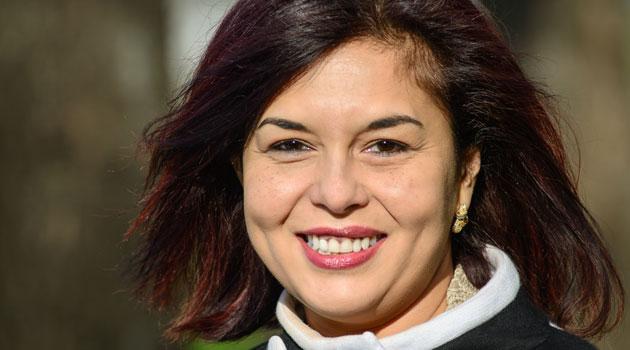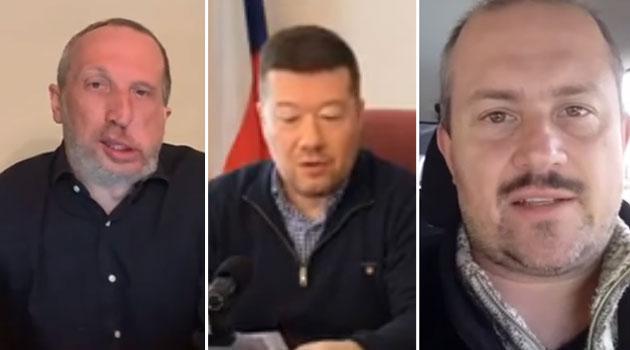Slovak NGOs demand crisis plan from Govt to prevent COVID-19 pandemic in Romani communities, ombudswoman supports them

Nonprofit organizations in Slovakia are calling on the Government to concentrate its efforts on preventing COVID-19 from spreading in socially excluded localities and are also warning that the state of health of the inhabitants of such localities is such that they could easily succumb to the pandemic. In their call, those signing the open letter are demanding that the Government collaborate with mayors and nonprofit organizations focused on Romani people.
“We are of the opinion that it is necessary to elaborate a crisis plan with respect to the pandemic spreading in those areas and that it should be a priority to arrange the establishment of mobile testing stations for the purpose of preventatively testing people, especially in those localities, and developing a travel history for individuals,” write those who have signed the call, including Ingrid Kosová, Ján Orlovský and Vlado Rafael. According to the signatories, the closure of localities by the Slovak Army could potentially lead to panic and unrest among their Romani residents.
For that reason, the authors of the call say that option should only be used if there is no other alternative. “The aim of the call is for attention to be redirected away from the level of disseminating negative, stereotypical news reports from the Romani communities and to refocus attention it on sharing examples of good practice,” said Kosová, a co-author of the call.
“For almost two weeks now we have witnessed many positive examples of self-help, dedication, solidarity and responsibility here that must be shared with the broader public,” Kosová said. “Many Romani people are approaching this matter responsibly, with seriousness.”
“Many Romani people are making sacrifices to provide aid and raise awareness,” Kosová emphasized. Vlado Rafael of the eduRoma civic association, another co-author of the call, said that “It’s necessary to publicly draw attention to the risks we face if the pandemic breaks out in communities that are marginalized.”
“It is important that the representatives of the initiatives that are active directly in the field, the volunteers, the nonprofit organizations, and the Office of the Government Plenipotentiary for Romani Communities, which should be the coordinating body for these initiatives, be invited into the crisis team for planning,” said Rafael. Kosová added that “It will also be of benefit to this subject if people hear from the media that the authorities are involved with this problem at the top level, that this topic is not being postponed or going unsolved.”
“By doing that, we can cut off these attempts of extremist groups to abuse an outbreak of the pandemic in excluded Romani localities for their populist aims,” Kosová said. The call has also been supported by the Public Defender of Rights in Slovakia (the ombudswoman), Marie Patakyová.
According to her, it is important to prepare for the pandemic in localities inhabited by Romani people. “We are facing a specific situation in which the right to the protection of human health and life takes priority,” the ombudswoman said.
“Among the exceptionally endangered groups are senior citizens, people with health complications, and homeless people, but it is important to also protect the people from marginalized communities who are living in areas with limited or no access to potable water,” the ombudswoman said. “The limited opportunities there for adhering to personal hygiene recommendations at this time can cause irreversible damage to people’s health and cost them their lives.”
“In such a situation, it is necessary to adopt effective, fast-acting measures to prevent infection from spreading,” the ombudswoman said. “I believe that the crisis team will dedicate sufficient attention to communities who are marginalized and to the other endangered groups as well.”
